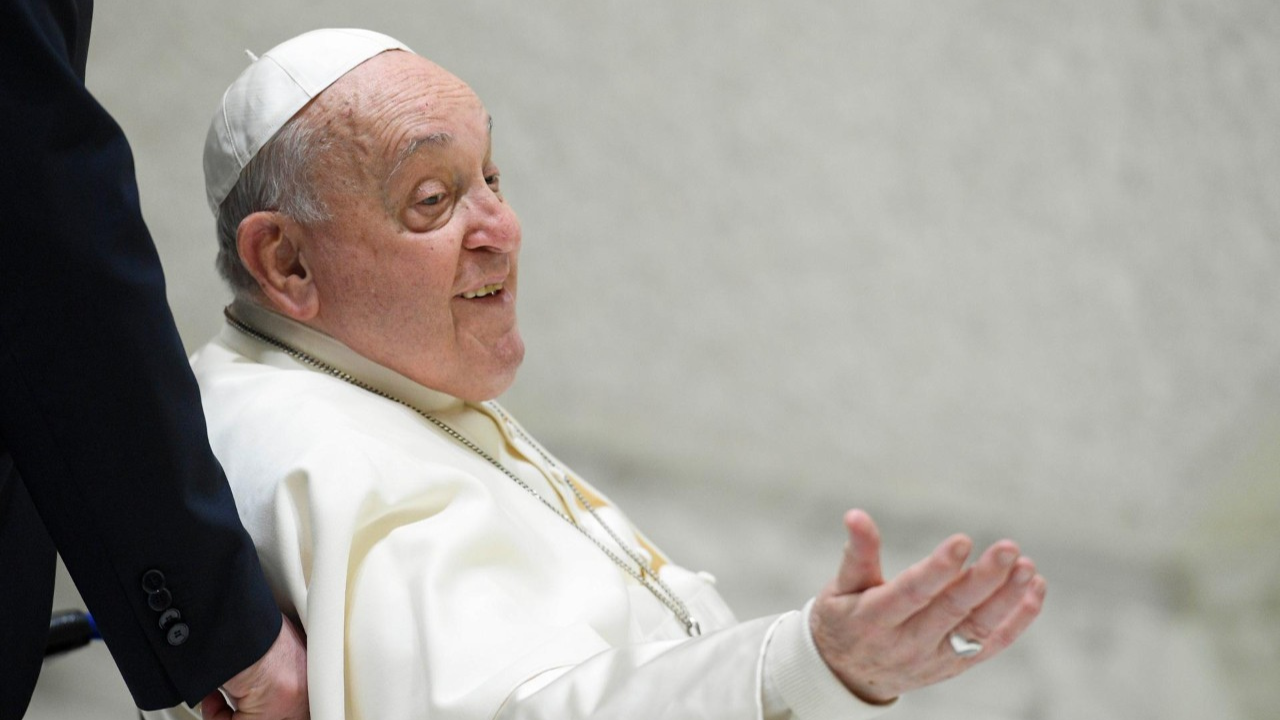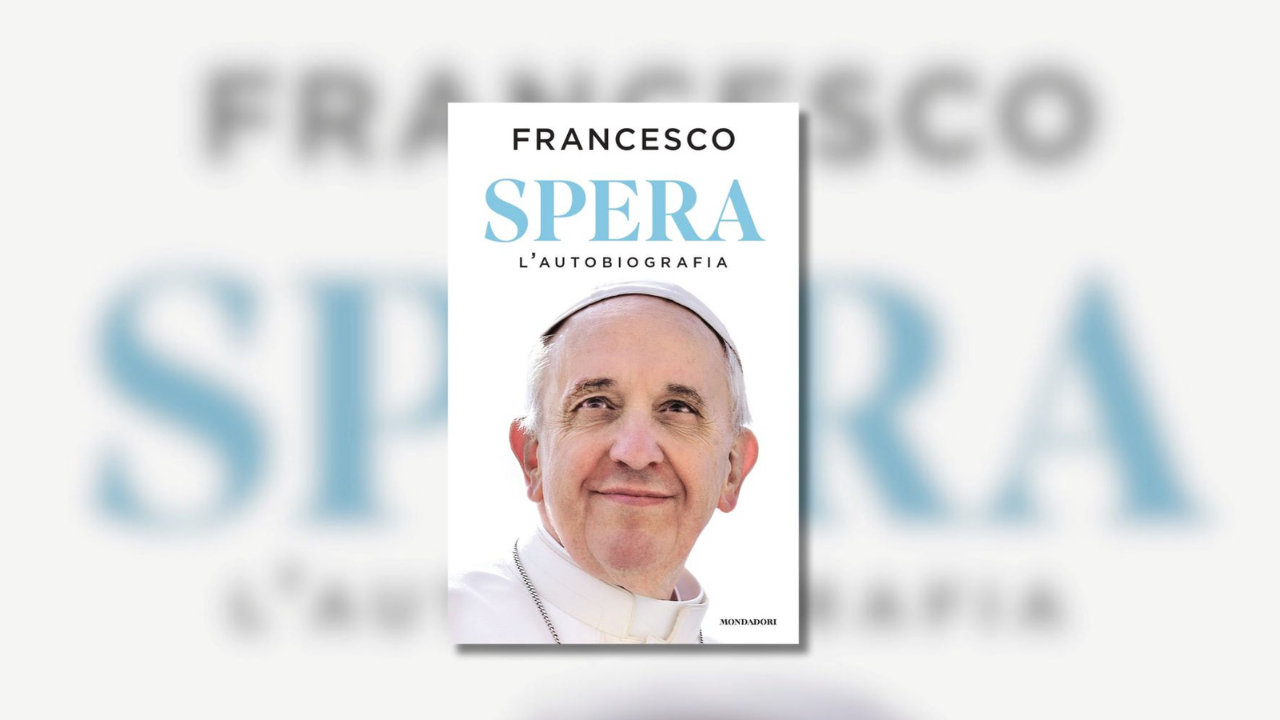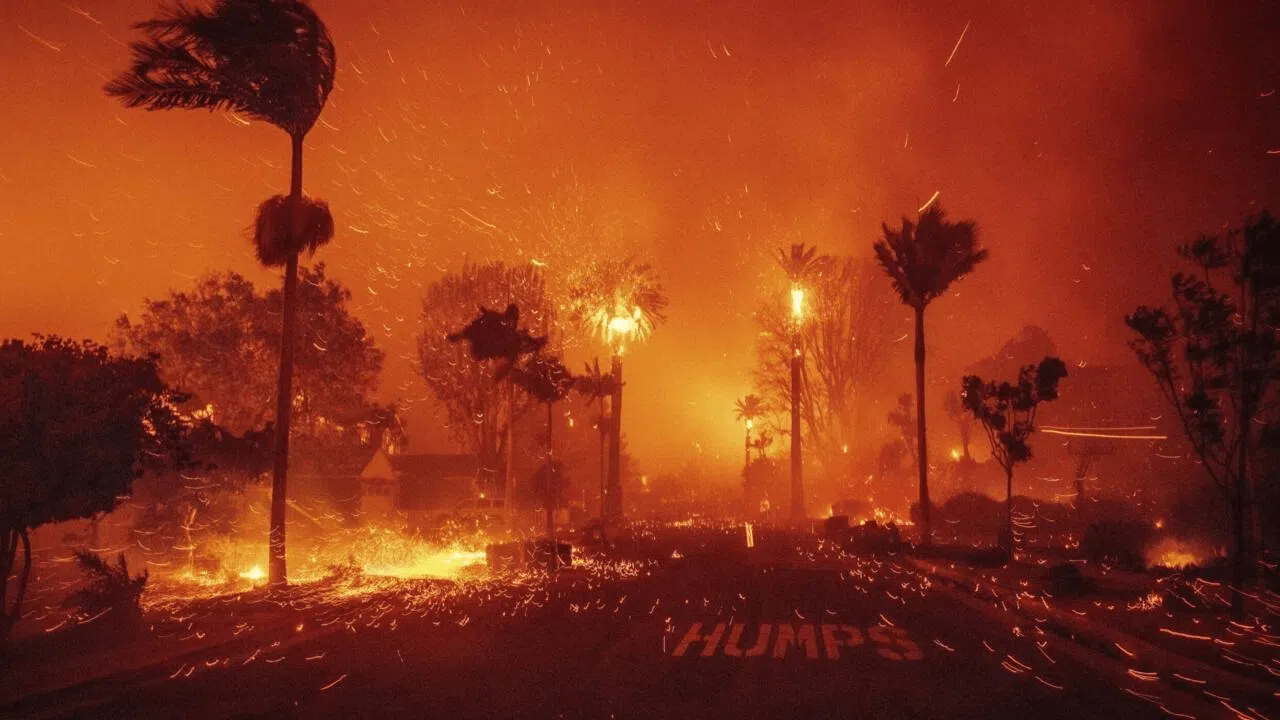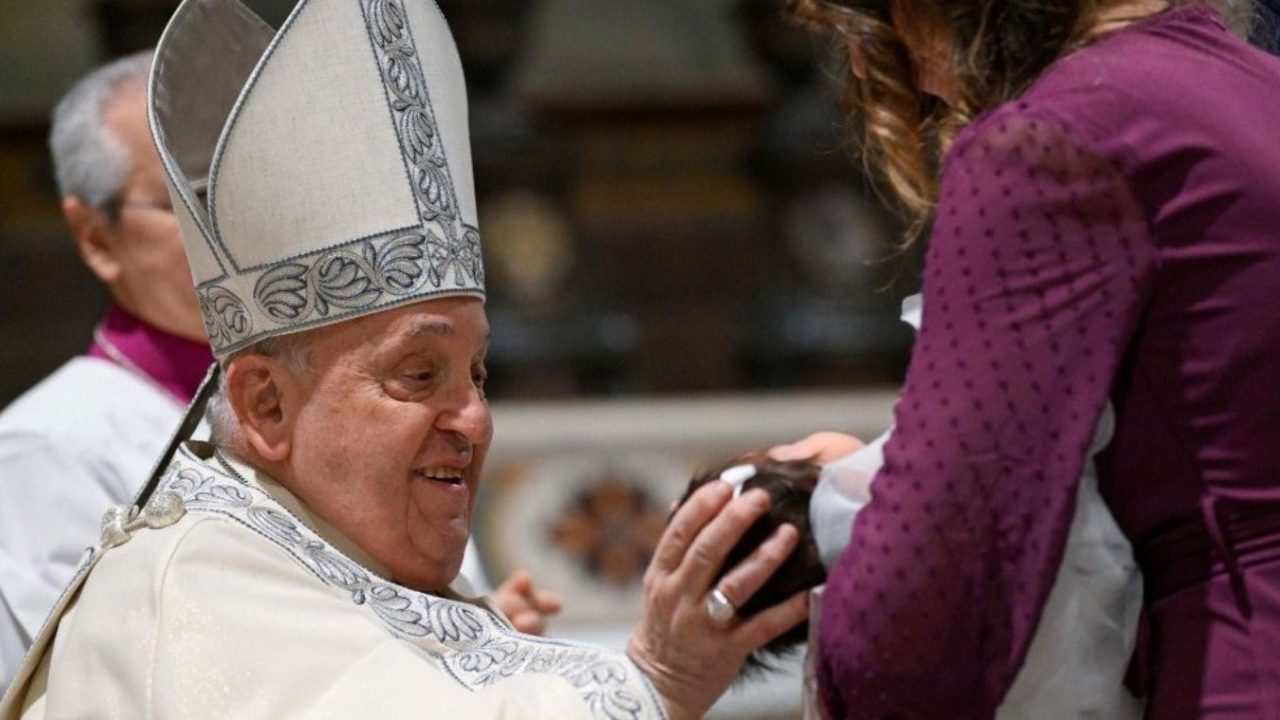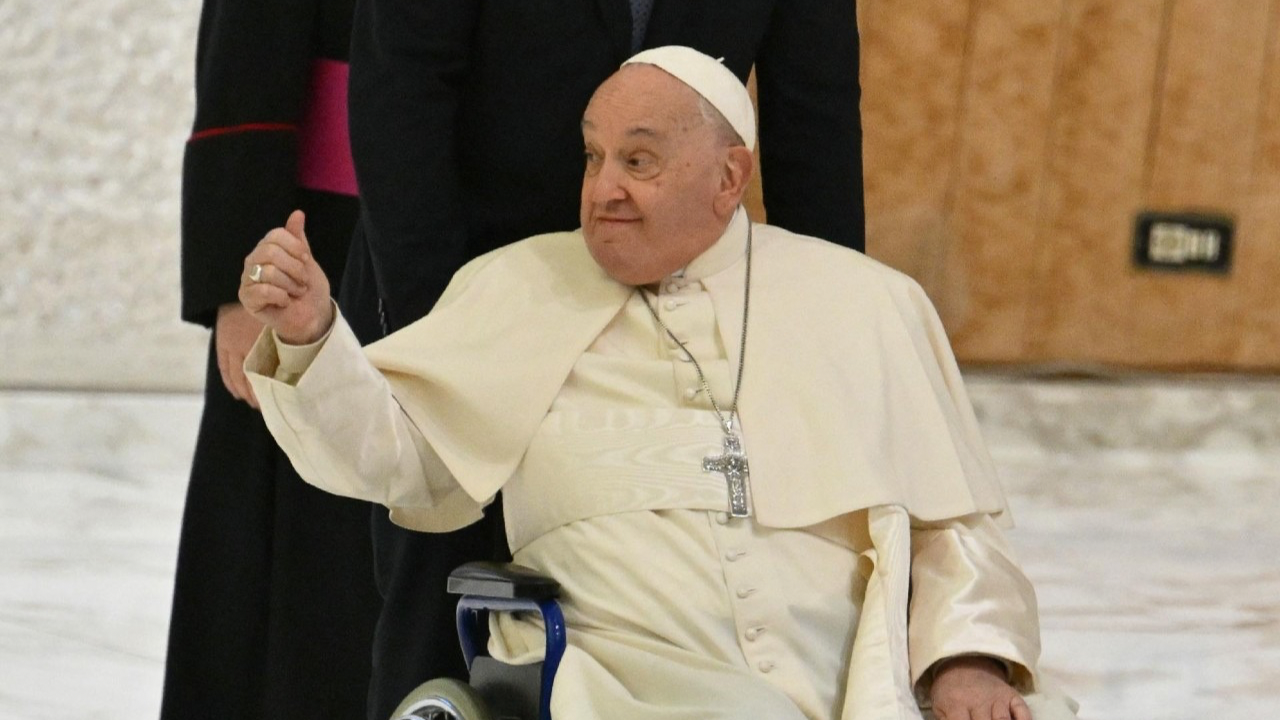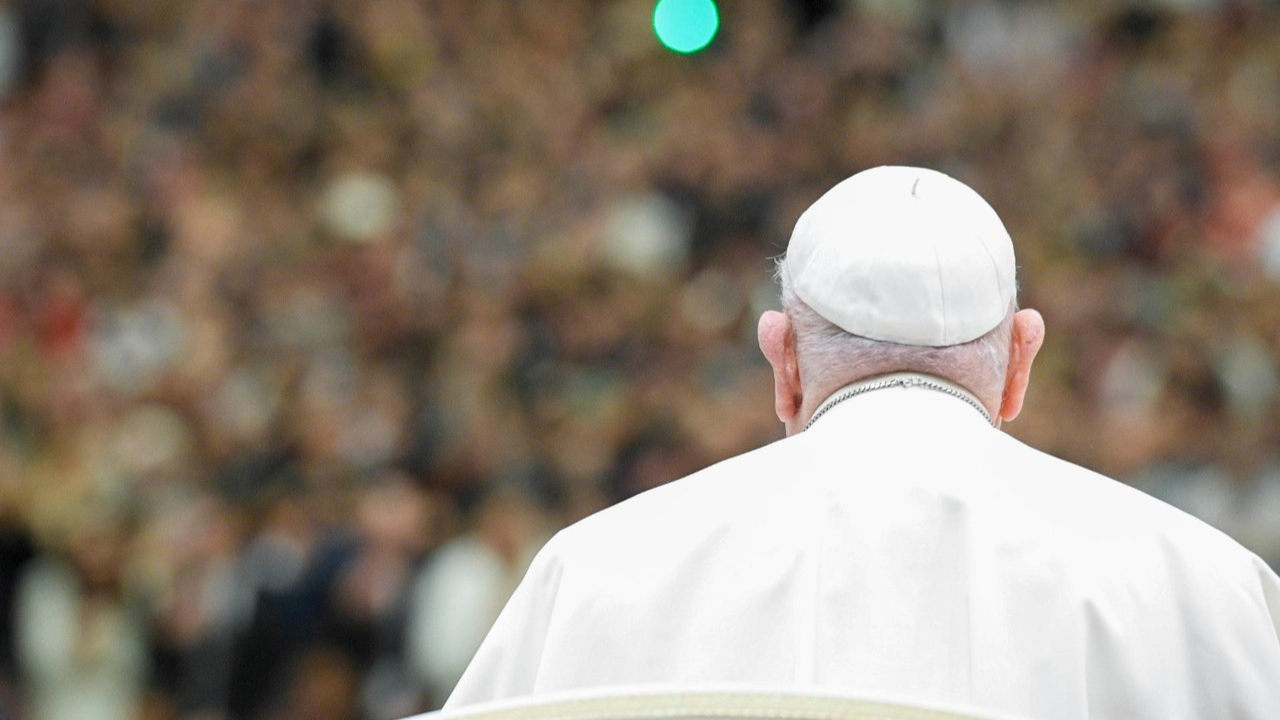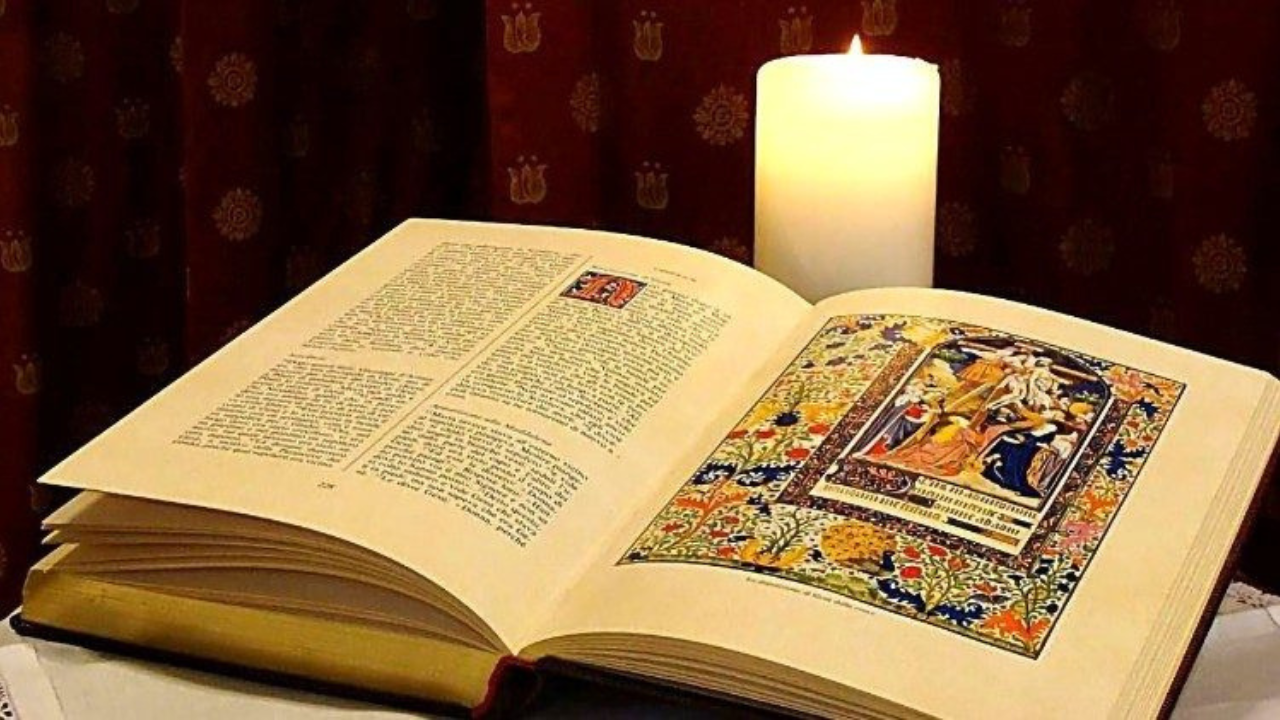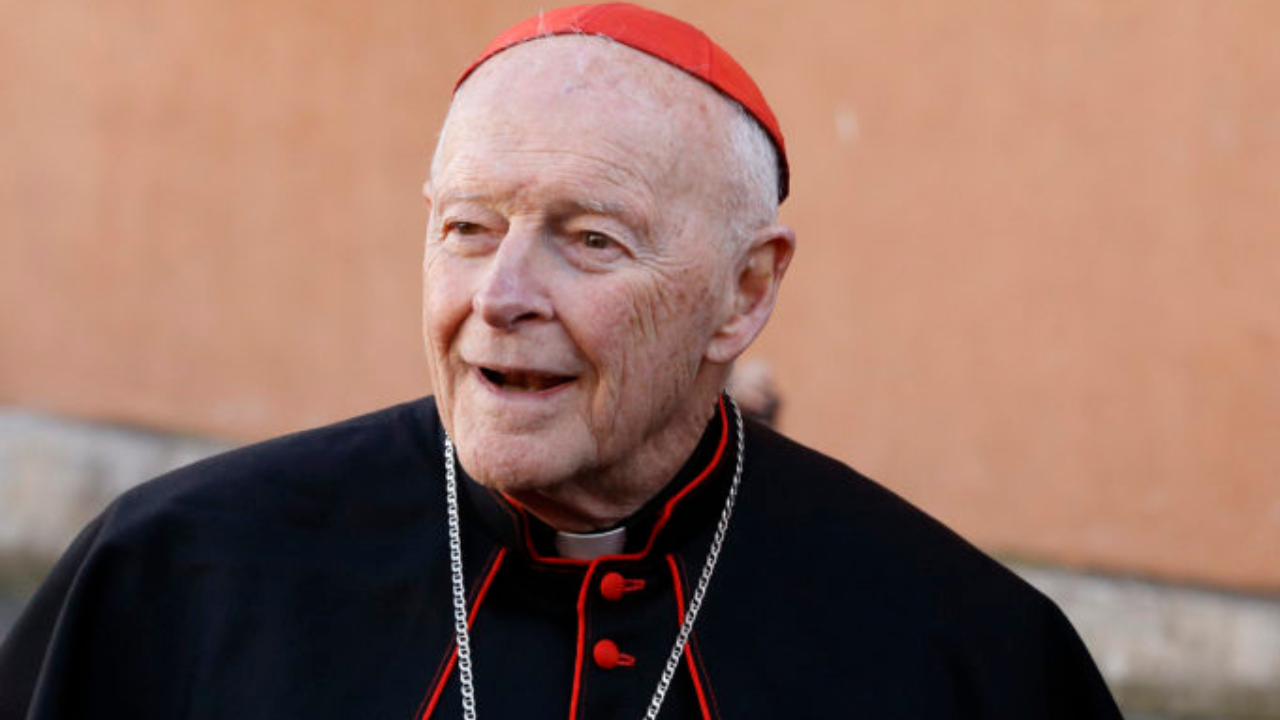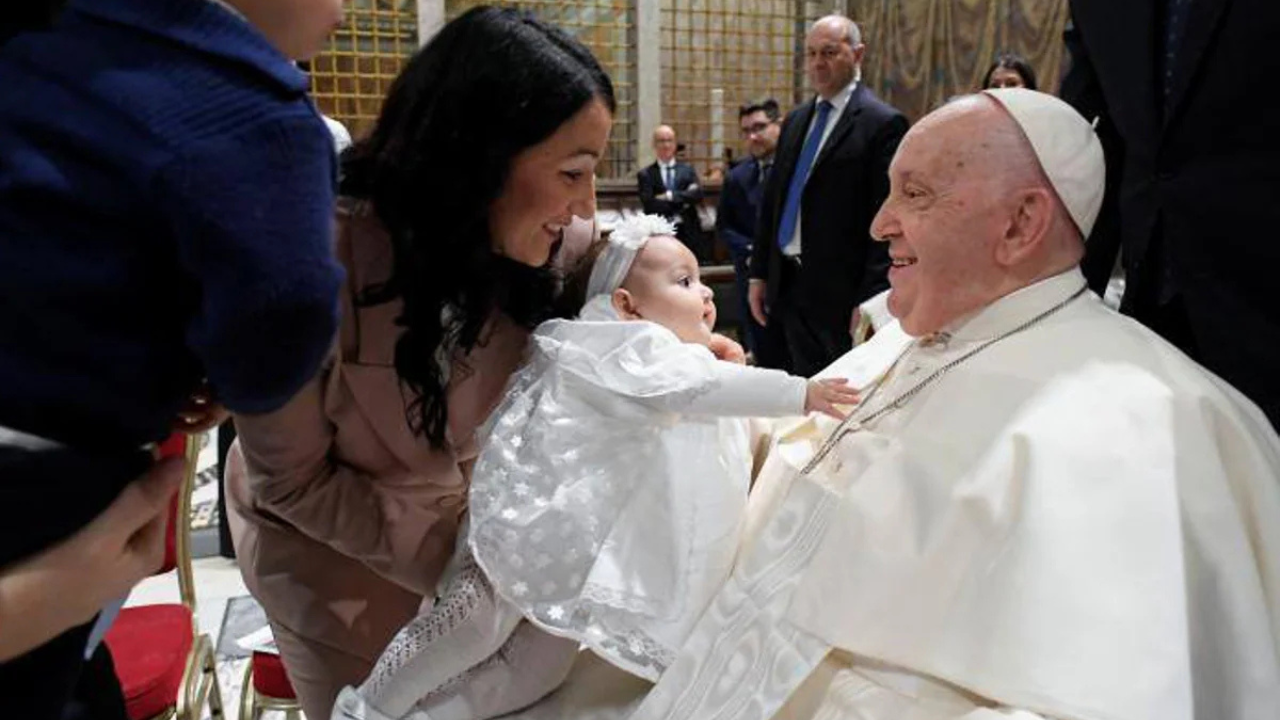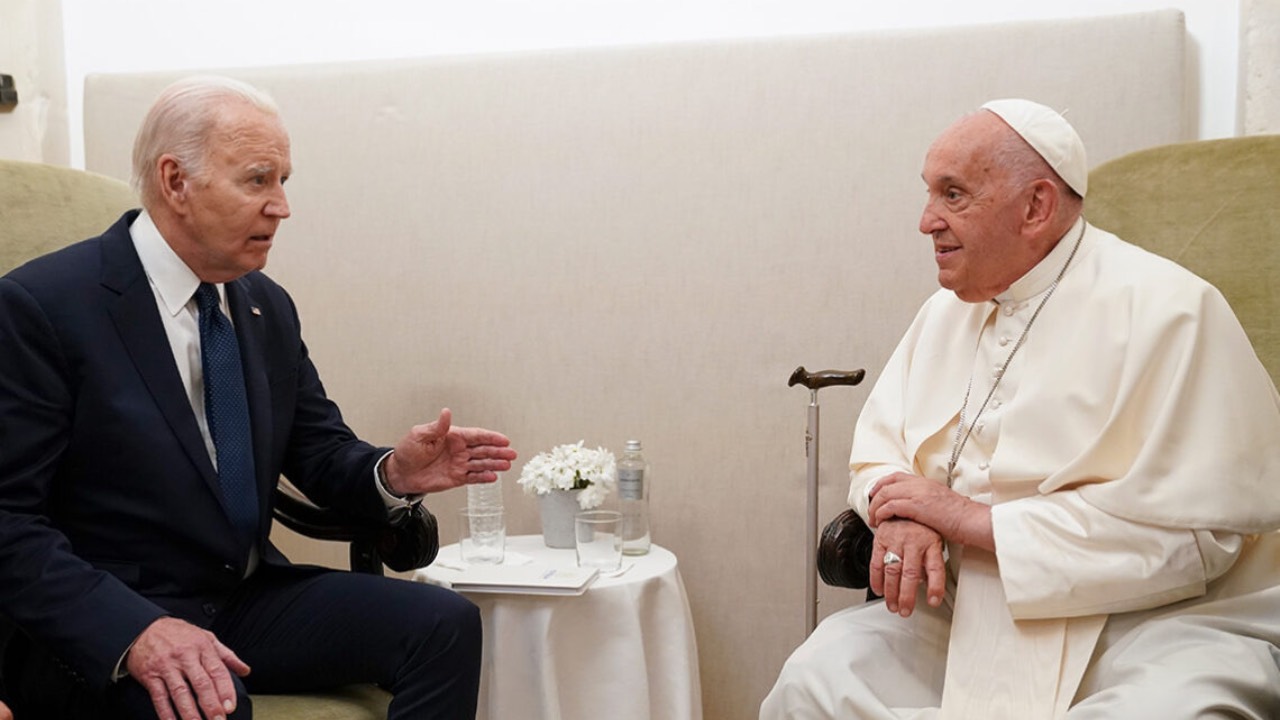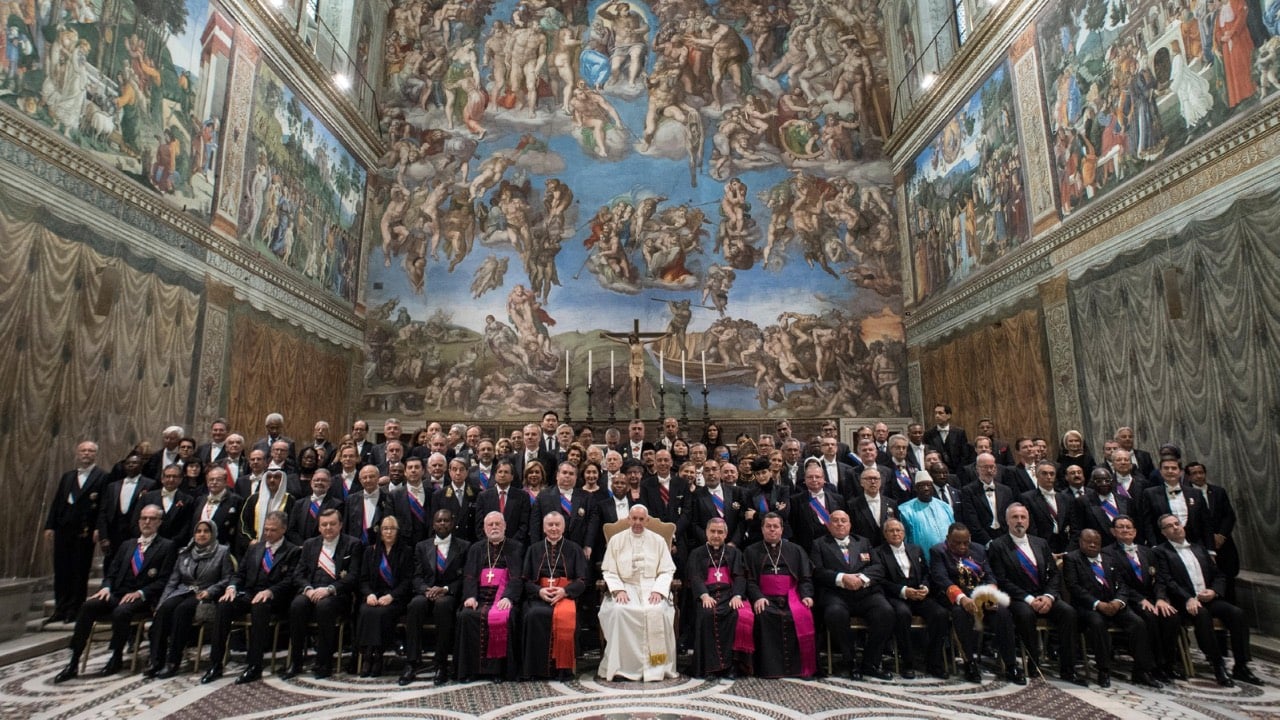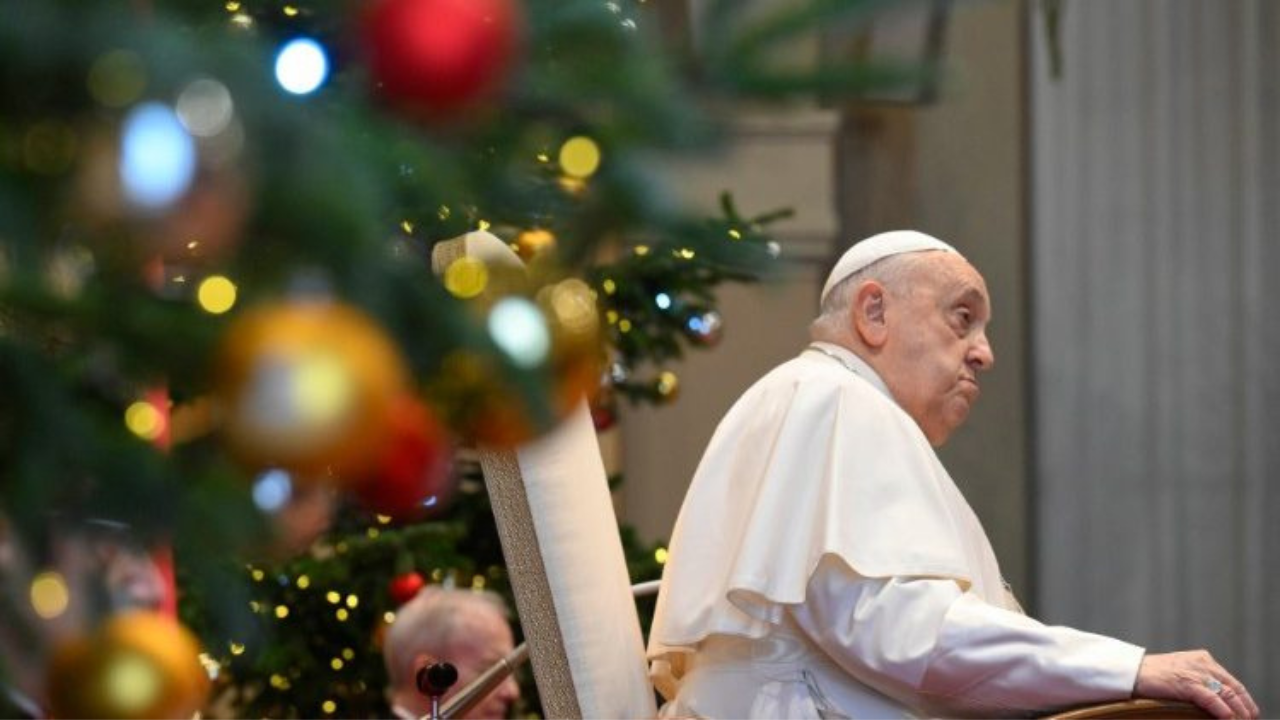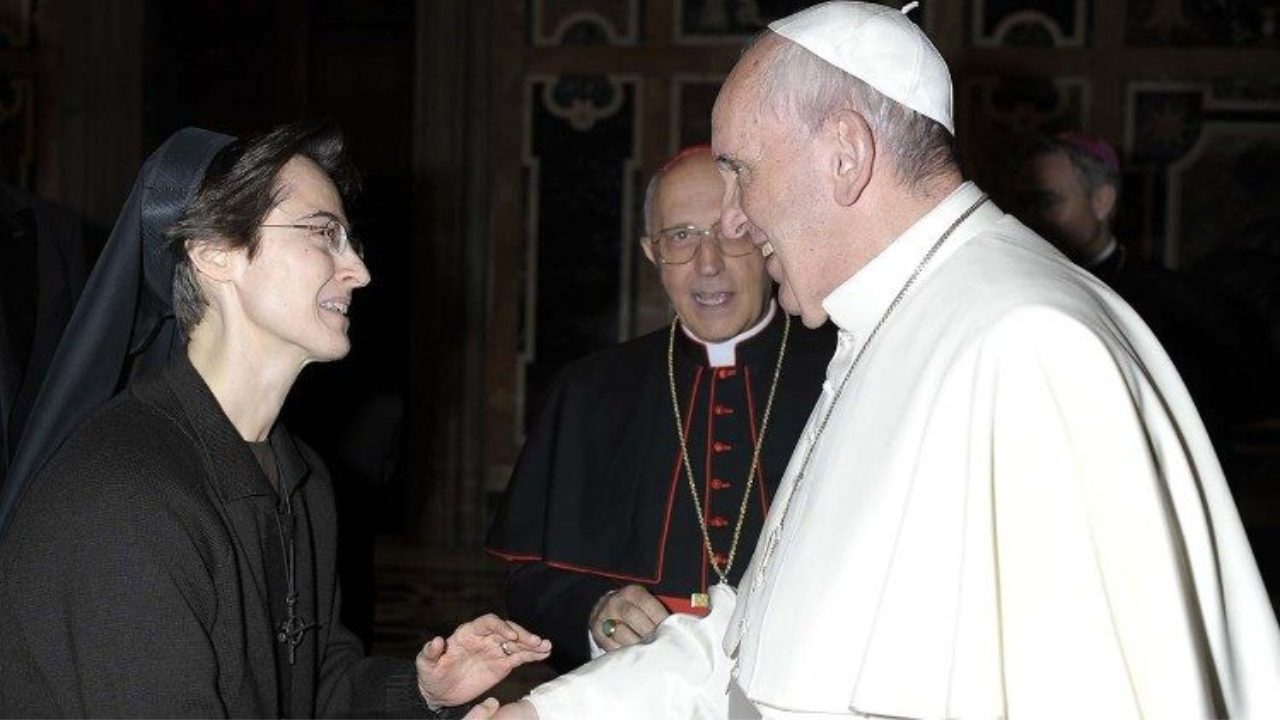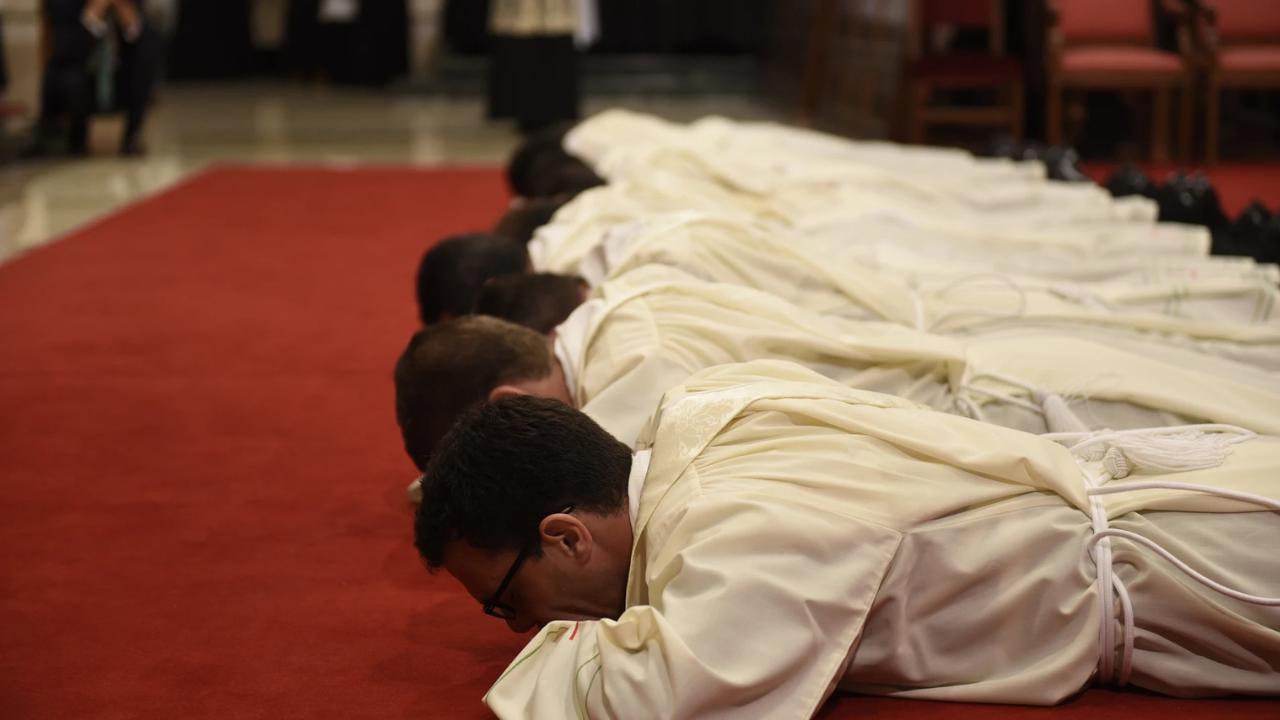Samba, capoeira and rhythm, lots of rhythm. They have young, happy faces, but they have also witnessed neglect, abuse, and death. They are the 'meninos de rua,â? a Portuguese expression which means 'children of the street.â?
The meninos de rua have no parents and were abandoned in the Brazilian favelas. However, they found safety through Casa do Menor. It is a Brazil initiative started by the priest Renato Chiera 30 years ago.
'My family and I were poor so I could not aspire to follow my passion: to dance and be a choreographer. I've grown a lot thanks to Casa do Menor.â?
FR. RENATO CHIERA
Casa do Menor, Brazil
'Casa do Menor is not a human invention or my invention, but instead one from God. He used me and people who accompany me to save the lives of others.â? 'They had not lived their childhood, adolescence. They had not had the chance to cultivate the child they have inside, that we all have inside. They are freed through art.â?
One of those children is the six-year-old Maicom. Father Renato and Maicom greeted the Pope together during the general audience. Pope Francis thanked them for their work and asked Maicom a question.
FR. RENATO CHIERA
Casa do Menor, Brazil
'He said, 'I have a question, are you from Rio? Who do you prefer, Maradona or Pele?' And he answered. What did you say?â?
'Neymar.â?
'And we began to laugh.â?
These young people were in Europe performing the show 'Lasciateci Sognare.â? It translate to 'Let us Dream.â? They planned it themselves, putting into practice what they learned in art workshops at Casa do Menor. They show that with hope and confidence, the meninos da rua can get off the street.
Life in a Brazilian favela is surrounded by violence, gangs and drugs. With the help of the Church and initiatives like this, more than 50,000 children have managed to avoid it.
MPI/ATO
MG
SV
-PR
Up: MPI
